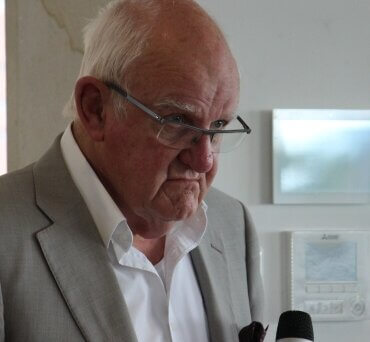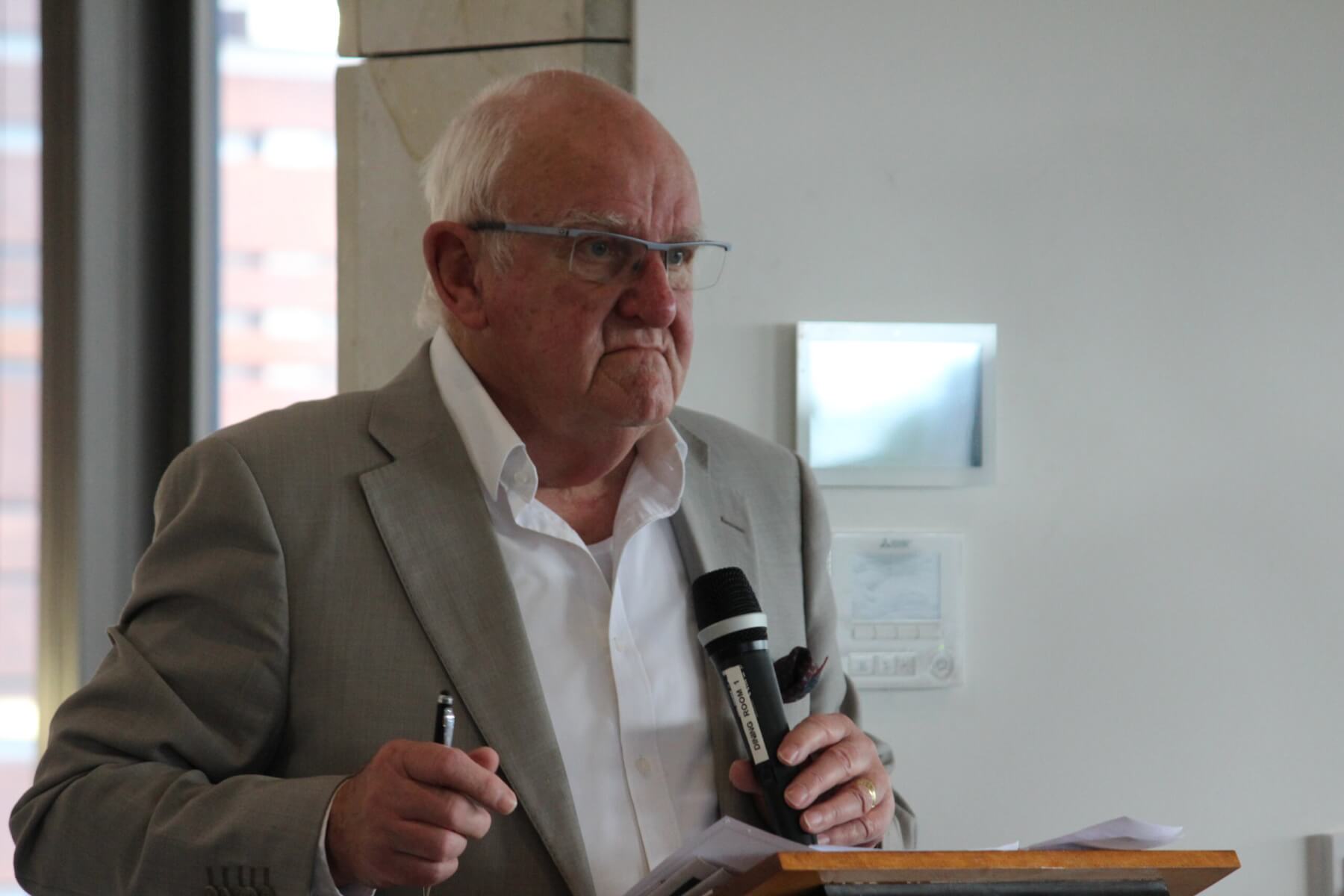
Peter Carr
After a weekend of clear azure skies and wonderful sunsets it is clearly going to be Fieldays week.
I have written on this subject previously and will not dwell this time save to say that the weather forecast looks very promising and Fieldays without precipitation is just reward for the huge effort that the organisation and exhibitors have undertaken over recent weeks.
As usual I implore you to take advantage of the free buses that depart from Cambridge’s Lamb Street area and the I-Site at Te Awamutu. Carbon savings that take the acid off farmers are credits worth achieving.
When I was a boy (and later) AI was understood to mean something unkind one did to a cow. Took all the pleasure out of a brief and hectic amount of physical effort by the bull and possibly saved the cow a strained back. These days it stands for a widely trumpeted computer-driven ideology that is driving both delight and fear – depending as to where one is on the computer sector.
It is many years since my heavy ruler-bearing English master rapped my knuckles when I failed to parse a sentence correctly. Winston Churchill’s ‘that up with which I will not put’ was a well-known pun on the sometimes-ridiculous subject of parsing. Well buckle up for the ride readers for AI (this new-fangled one) has a being named a parse tree. Whereby machines – aka computers – now have capability to produce sometimes complicated sentences to satisfy apparently simple questions. A relationship between sometimes complicated sentences and logic. Sometimes a single word in the user’s enquiry can set off a multitude of associated words that, when linked together mechanically, can produce logical statements.
So far so good. Nobody dies for using this channel of searching for results. But I imagine that the academics, who set educational papers for hopeful entrée to their seats of learning, may be a tad dismayed that their in-depth parse-driven purity is being challenged by a plastic rimmed screen attached to a keyboard. However, this is not the end of the world as we know it – simply another step in the search for knowledge that should not, of itself, be disregarded.
That stated perhaps there is a wider and possibly unwelcome underdog in the rolling out – or growth – of the use of AI. In producing well-respected information – like the parsing example above – technology has opened the door to alternative methods of providing information that, in the main, may be trusted. But like many new ideologies these days there is always a dark side – in this case the use (or rather misuse) of AI to produce information that is not always welcome in nice society. That drives, possibly naïve, users’ minds to areas where the apparent truth emerging is far from the facts, but such wilful use is directly attacking simple beliefs that may be harmful.
There is not space today (thank you Mr Editor) to dig deeper into this intriguing subject, but I am clearly of a mind to take a wider and longer look at this subject. So, my simple plea to you today is not to believe everything you see or hear even if it appears in a plausible format. You never know what is lurking behind that parse tree. I hope that some of you are dusting off your old grammar books to assess what is reality and that which is somewhat fictitious if not spurious.
- AI (Artificial intelligence) is the simulation of human intelligence processes by machines, especially computer systems.









